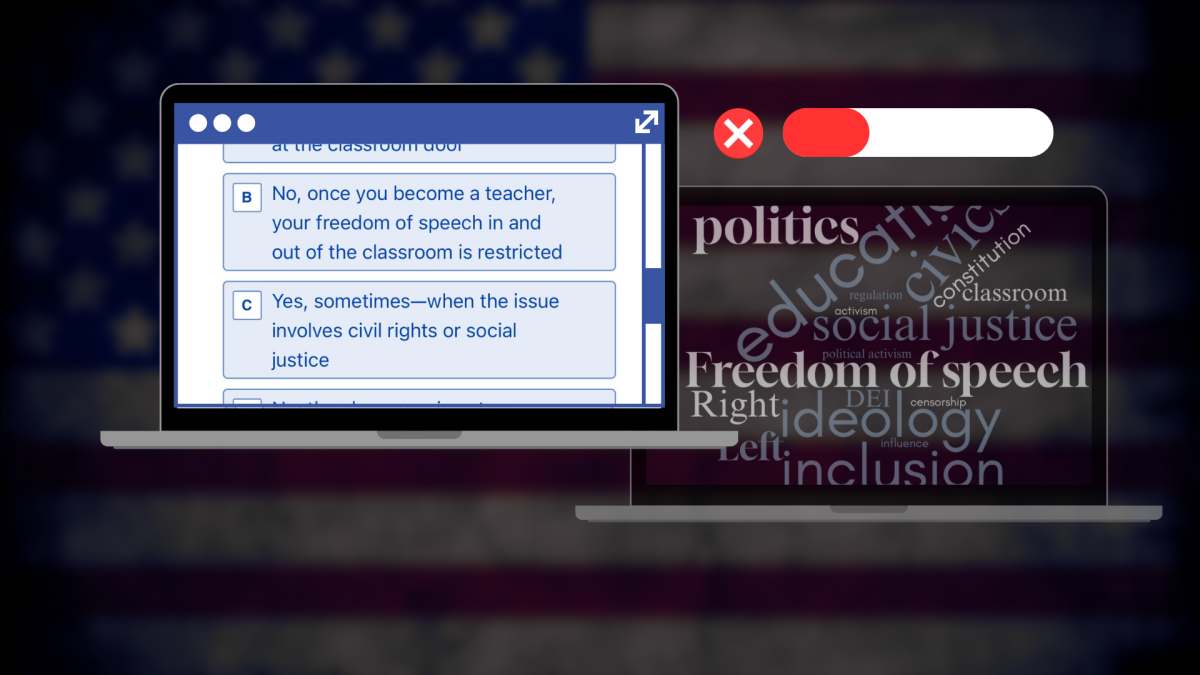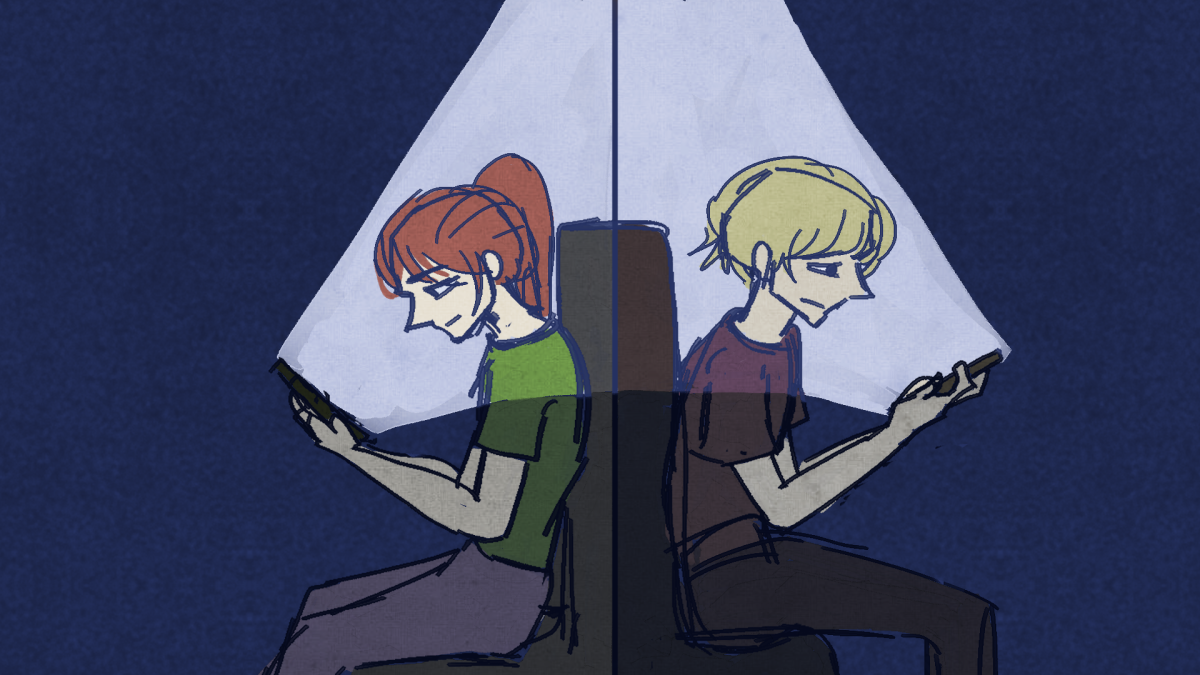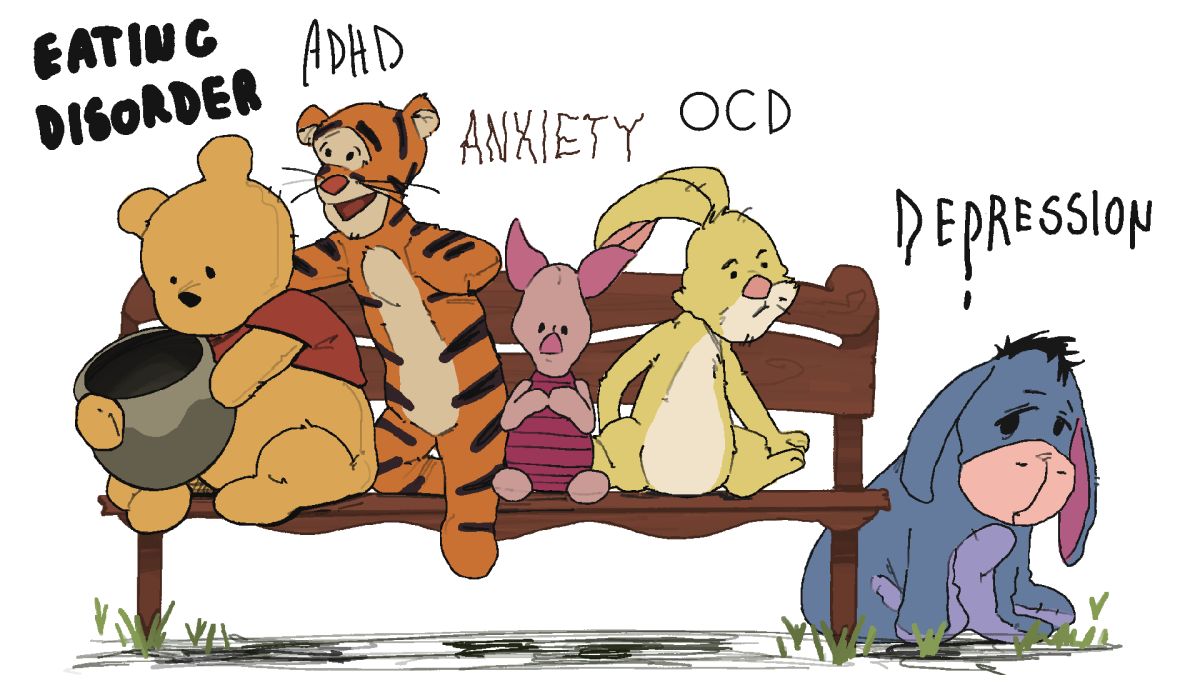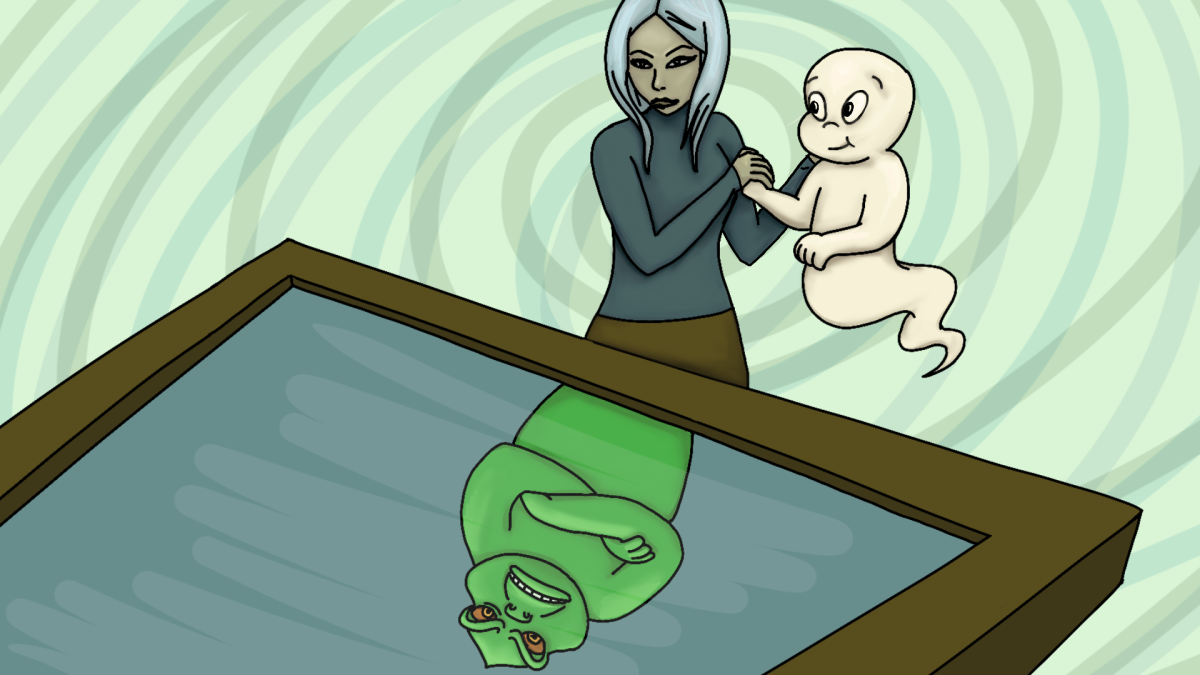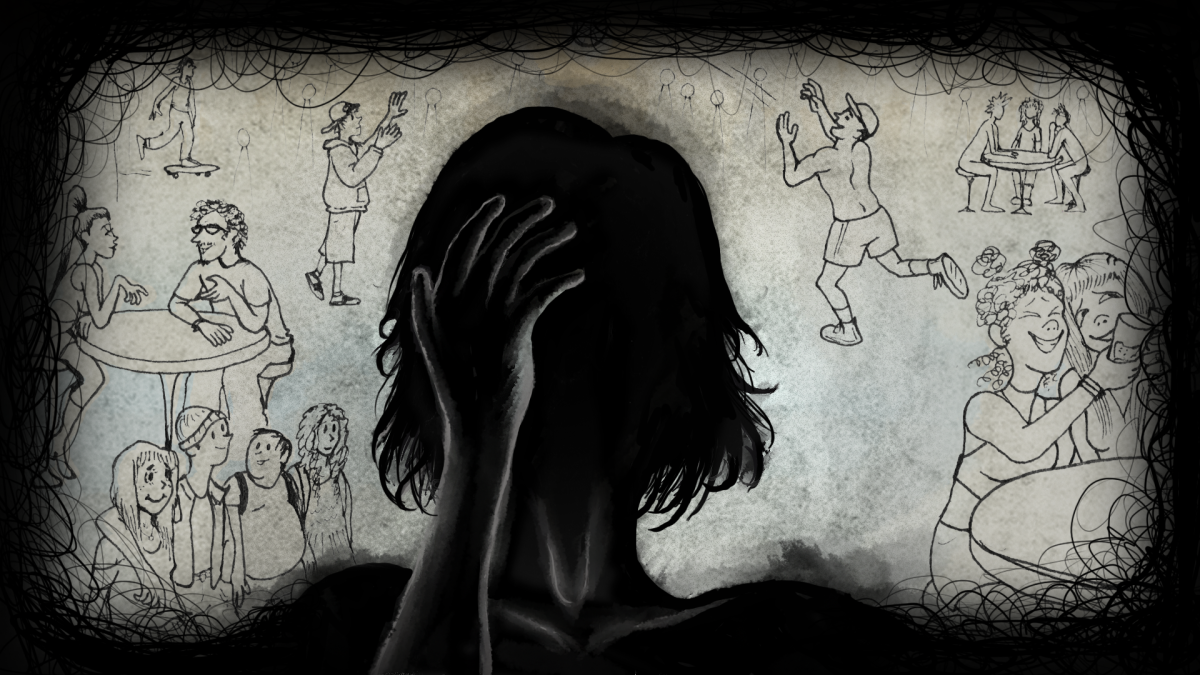Off-campus apartment living has become somewhat of a lawless land when it comes to COVID-19 guidelines and regulations. Take it from me. Every weekend, I look out from my window at an array of apartments filled to the brim with overly-excited partygoers who seem to have no recollection of a pandemic ever taking place. That, or they’re still in denial of it.
They all possess the same sense of hope and reckless abandon toward the virus. It’s a way of gambling with their health and the health of others, all in exchange for a good time. They have blind faith in the idea that they can’t or won’t be hurt by something so invisible.
Either way, we know now that no amount of harping about health risks or playing the “keep your loved ones safe” card will put partying to rest. Building management and security already tried by sending out email after email reminding the residential community to be on their best behavior “or else.” But we have yet to find out what “or else” actually means. To everyone that they’re directed at, these emails are no more than empty threats — “all bark and no bite,” as they say. We’ll all still wake up Monday morning business-as-usual, ignoring the few extra beer cans floating in the pool as evidence of weekends past.
So far this semester, we’ve avoided any clusters occurring in and around campus, which is more than what can be said of the fall. Many may use this to justify their actions, along with a slew of other flawed rationale. When I talk to my neighbors and other acquaintances about whether they are scared to contract COVID-19, their response is always “no,” either because they’ve already had it, their friends had it, it’s already run its course through the student body or that it’s inevitable they’ll catch it anyways, party or not.
It’s a little bizarre to hear these replies, especially because I’m not sure where they came from. It seems the University and the student body are adopting different approaches at managing the spread. NC State urges state guidelines: face masks in enclosed spaces, 6-foot physical distancing, prohibited consumption of alcohol outside the home after 11 p.m., etc. Students, on the other hand, would rather get sick and call themselves forever immune – a scientifically unsupported notion.
As MayoClinic points out, “First, it isn’t clear yet if infection with the COVID-19 virus makes a person immune to future infection.” Second, the World Health Organization cautions against this herd-immunity-by-infection mentality, stating, “Attempts to reach ‘herd immunity’ through exposing people to a virus are scientifically problematic and unethical.” They go on to say that COVID-19’s long-term effects are still largely unknown, but they do exist. It’s not just a one-and-done illness; the effects of it can stay with you long after you’re first infected.
Inviting 20 strangers into your 1,000 square foot apartment every Friday is a breeding ground for COVID-19 transmission, and with that comes the risk of lung damage for as long as a year afterwards. But lying outside the domain of NC State’s surveillance and community standards as it pertains to housing means that partying off campus is still perceived as a low-risk, high-reward endeavor. I think the only way now to raise perceptions of risk is to create it through accountability.
At the end of the day, the one thing I can’t fault my peers for is having hope that the end is near. It’s something we could all use more of to overcome the pandemic in one piece.



